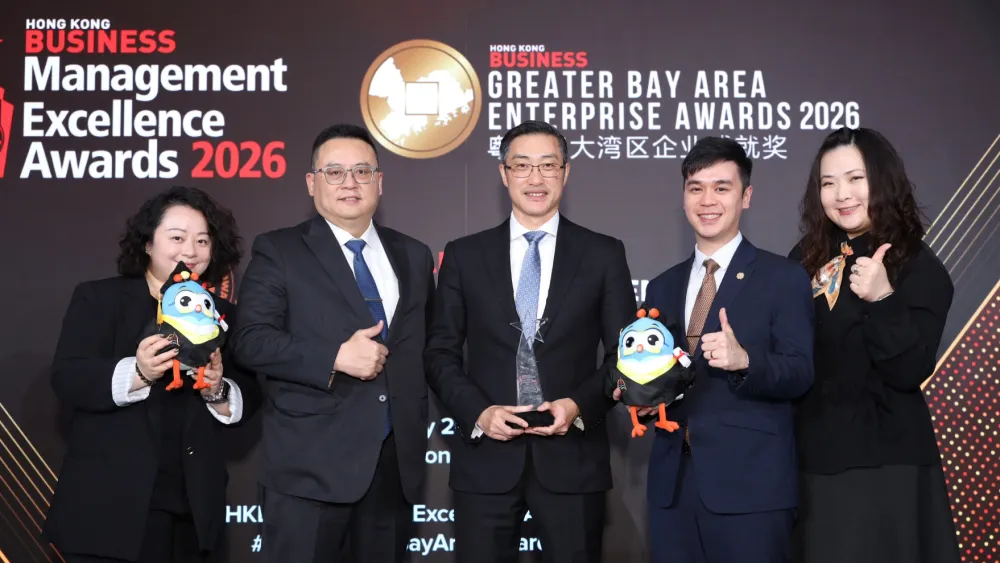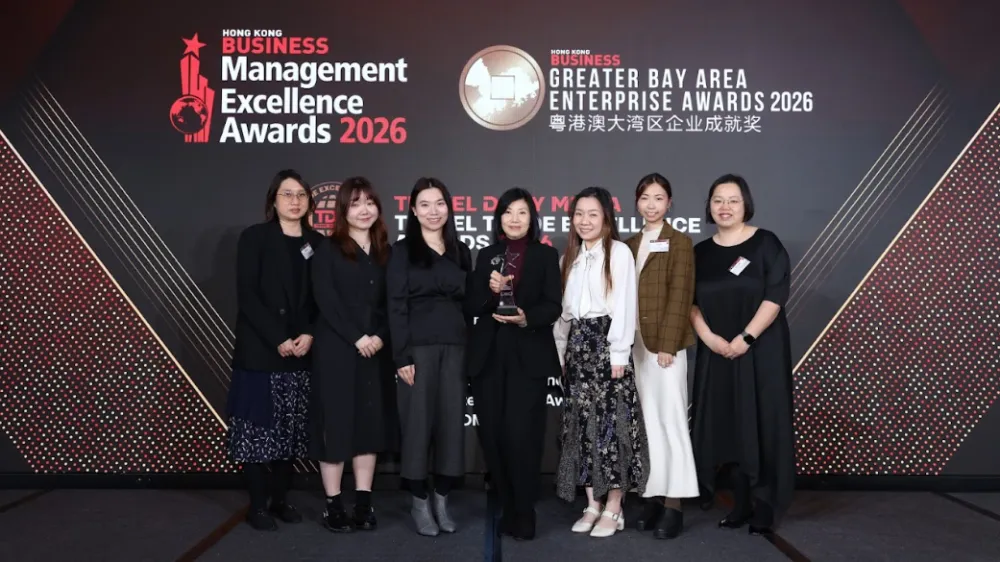
Data-driven culture is crucial for success in digital transformation and AI – PwC Partner
James Lee of PwC Mainland China and Hong Kong highlights key drivers for transformation, challenges in adoption, emerging trends in the industry, and strategies for balancing innovation and risk management.
In today's fast-paced business landscape, digital transformation has become a crucial strategy for organisations aiming to remain competitive and relevant. Cloud-first and data-driven initiatives have emerged as essential components of this transformation, enabling companies to harness the power of advanced technologies such as AI and analytics, to drive innovation and efficiency.
James Lee, Partner - Consulting (Analytics & Cloud Transformation) at PwC Mainland China and Hong Kong, possesses extensive experience in advising C-Suites at global organisations on these transformative journeys.
Lee is a seasoned management consulting leader and senior technology executive with over 20 years of strategy consulting and technology operation experience in North America, Asia and Europe. His expertise lies in advising global financial services organisations on "cloud-first, data-driven" digital transformation, focusing on data and analytics, AI, and intelligent automation. Throughout his career, Lee has served clients across various industries, including insurance, banking, asset and wealth management, private equity, retail and telecommunications.
Let us delve into the insights shared by Lee on the drivers, challenges, and emerging trends for successful cloud and data-driven digital transformation initiatives.
James, with your extensive experience in advising C-Suites in global organisations, what are some of the key drivers for companies to take on more cloud and data-driven digital transformation initiatives?
According to our PwC 2023 CEO Survey, nearly 40% of CEOs believe that in the post-COVID era, with the daunting challenges they are facing (global economy, regulatory change, skill shortages, technology disruption, sustainability), their companies will not be economically viable a decade from now if they continue on their current path without any form of transformation.
This might sound a bit overwhelming in the first place, but indeed, I think it’s quite consistent with the view of many C-suite clients I spoke to in Hong Kong, APAC, and North America. Essentially, they are all striving to accelerate their digital transformation journey to address the following top-of-mind challenges:
- How can my company’s business model stay agile to keep up with changing customer demands caused by emerging trends like AI and Web 3.0?
- Where and how can my company speed up automation to alleviate the impact caused by the increasing labour shortage?
- Our company is still relying too much on our past experience to make decisions but we know this is not sustainable as our decision-making process should be more data-driven
- We cannot modernise our infrastructure fast enough as I am worried that our existing legacy infrastructure is vulnerable to cyberattack and data leaks.
I believe these are certainly some of the key drivers of why organisations continue to invest in business transformation with a human-led and tech-powered approach.
In your opinion, what are the biggest challenges that organisations face when it comes to adopting cloud or data-driven transformation strategies? How can these challenges be overcome to fully leverage the benefits?
I think one of the biggest challenges is how to nurture an innovative and data-driven culture within the organisation.
Digital transformation is a multi-year journey bound to come with a lot of ups and downs throughout. It is important that employees, regardless of their age or seniority, stay committed and supportive of the changes—not because they need to respond to the asks of their bosses but instead they embrace it because they are all able to “see and feel” the benefits brought by the transformation.
What emerging trends do you see in the financial services industry with regard to cloud transformation and data analytics? How can organisations stay ahead of these trends to remain competitive?
Currently in Hong Kong and APAC region, the emerging trends are primarily around AI (in particular Generative AI) and Web 3.0 technologies such as virtual assets, blockchain, CBDCs or Metaverse. This can be overwhelming for many companies but instead of either sitting idle or trying to jump into too many areas at once, it is imperative for C-suites to equip themselves with a strong understanding of these emerging technologies as well as the implications (opportunities, risks, regulatory landscape) to their company’s priorities and then take a “start small, value-first” adoption approach to drive impactful business outcomes,
As a technology executive, how do you navigate the balance between innovation and risk management within financial services organisations?
This is a great question and a very practical one, too. Maybe I can use Generative AI, a super hot topic these days, as an example? In my opinion, there are a few key considerations in balancing innovation and risk management when adopting innovative technology such as Generative AI:
- Remember to set risk-based priorities: Certain generative AI risks are more important to some stakeholders than others. Adjust escalation frameworks so that governance, compliance, internal audit, and AI teams give the greatest attention to the greatest risks.
- Revamp cyber, data, and privacy protections: Update cybersecurity, data governance, and privacy protocols to help mitigate the risks of malicious actors’ generative AI inferring private data, unravelling identities, or conducting cyberattacks.
- Equip stakeholders for responsible use and oversight: Teach employees who may need to use generative AI the basics of how it works, when and how to use it, and when and how to verify or modify outputs. Provide compliance and legal teams with skills and software to identify intellectual property violations and other related risks.
- Monitor third parties: Know which of your vendors provide content or services that use generative AI, how they manage the related risks, and what your possible exposure may be.
- Stay close to the regulatory landscape: Policymakers around the world are issuing more and more guidance on AI development and usage. This guidance is still a patchwork, not a complete regulatory framework, but new rules are continually emerging, especially regarding AI’s impact on privacy, AI bias, and how AI should be governed.
As a judge at the Hong Kong Business Technology Excellence Awards, what specific qualities and criteria do you consider when evaluating nominees?
I will focus primarily on three attributes:
First is “Industry-Leading”: Does the solution not only improve the company itself but also potentially benefit the whole industry?
Second is “Innovative”: What’s the innovative element in the solution that makes it stand out from others? It doesn’t need to be related to the latest or coolest technologies, but an innovative way of using existing technology stacks to realise business benefits could also be very enlightening too!
Third is “Impactful”: In a corporate world, the ultimate goal of any form of digital transformation is to drive desired business outcomes. I think any judge would love to hear a happy ending story that vividly describes how the solution was able to bring many positive impacts to the organisation.



















 Advertise
Advertise










